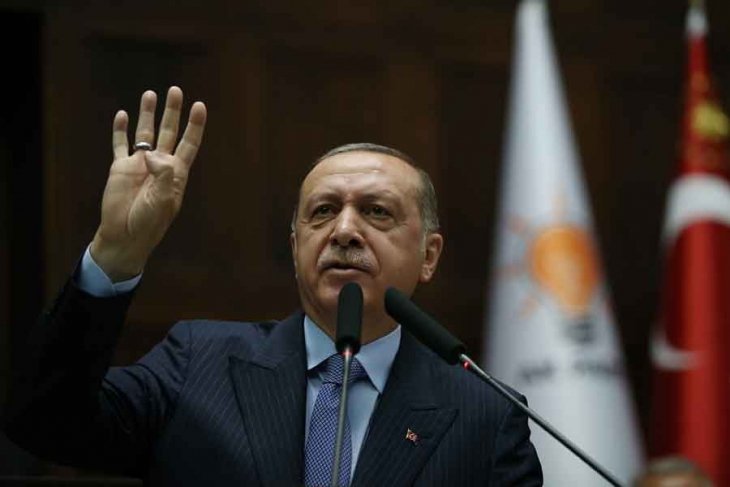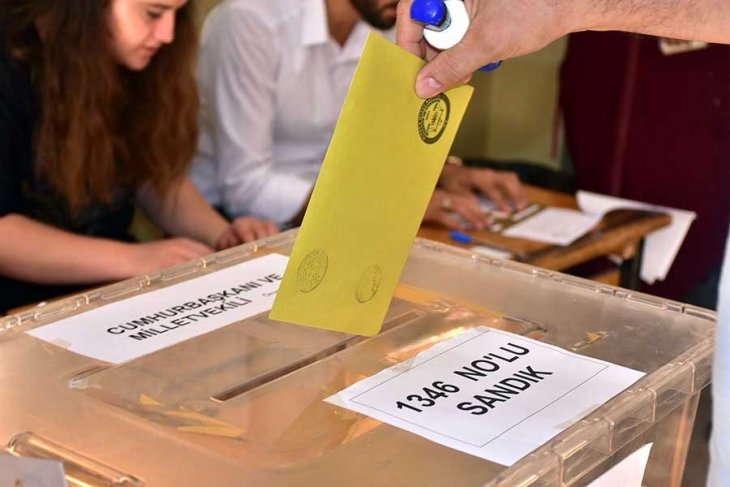People are saying that there will be a repeat of the terror environment after the 7 June elections, and repetition of the elections like on 1 November
HDP was revealed as the real reason for the transition to the presidential system. With 80 MPs and the number of MPs projected to grow, it was assumed that HDP would become the key party in the Parliamentary System. It was thought that this situation would create the need for more and more concessions to the Kurdish voters, leading to crises like in Catalonia and Spain.
In the presidential system, executive power would not come from the parliament; and so, it would not be obligatory to give concessions to the other key parties in the parliament. The Leader of the biggest party would form the government in the second round [of elections] if not in the first one. Even if HDP could become the third party in the parliament, because HDP could not be the biggest party, it would remain ineffective when the other two/three parties have an alliance.
However, things did not go as planned. HDP became the key party in the first try of the presidential system too. Even arresting the head of HDP and thousands of the administrators of the party did not bring a solution to guarantee the presidential game. The only choice left for the parties apart from the AKP-MHP alliance is for the HDP be represented in the parliament so thatErdoğan can be prevented from being president and taking the majority in the parliament. Because of this necessity, even İYİ Party, which is not very different ideologically from MHP, cannot say anything against the HDP.
Those who thought the presidential system is not a solution, have offered an AKP-CHP coalition after June 7 elections. A group in AKP, CHP and the big bourgeoisie look at this solution positively. However, Erdoğan and his supporters, thinking that the problem would be solved with a powerful presidential system, preferred the changing of the constitution and a dominant election.
Now, it is almost certain that the AKP-MHP coalition will remain as minority in the parliament. If Erdoğan cannot be elected as the president, there is likely to be a return to focusing on the parliamentary system. Maybe the German system will be tried this time: A country which is ruled by a multi-party parliament and coalition governments…
The 7 June election, 16 April referendum, and the campaigning for the June 24 elections reveal that there is a powerful reaction in Turkey against the supporters of a Middle East type-single man dictatorship. This is why they talk about the A, B, C plans. Some people are saying that there will be a repeat of the terror environment after the 7 June elections, and repetition of the elections like on 1 November, and others who spread rumours of a civil war that a civil war and that unarmed secular segments will be purged. These are the last trump cards of the AKP and its collaborators who can see that they will lose. Despite everything, Turkey is not yet like Iraq, Syria or Libya. Although there are people who yearn for such as system [similar to Iraq, Syria or Libya], their efforts will be in vain. The struggle for democracy and freedom will prevail.
Article by Kamil Tekin SUREK
Translated by Cansu Güneş İspir

